Critical Essays Archive
The Exploration of Memory in Things Remembered and Things Forgotten
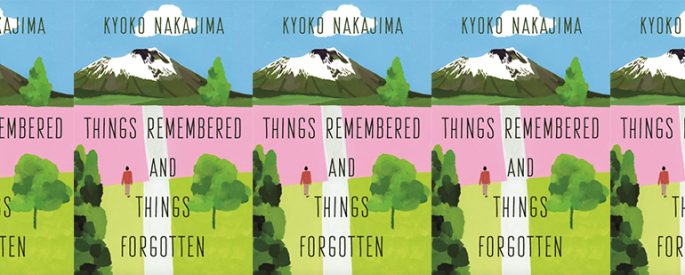
While the objectivity of memory—and even its actual substance—is consistently brought into question in Kyoko Nakajima’s stories, what remains clear are the emotions attached to the act of remembering and the way these emotions meaningfully link individuals or objects across time.
Poetry of Data, Poetry of Experience
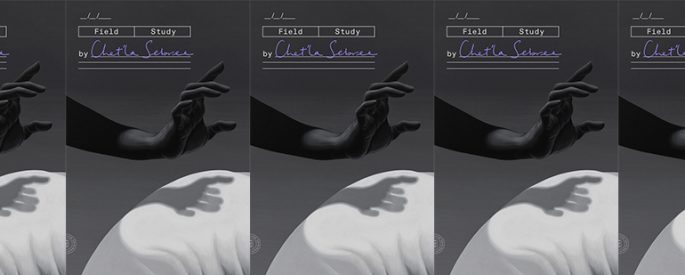
“Truth in poetry” depends not on the record of information but on experience: a life represented in metaphor, the patterns of language that make a time-signature through which we listen.
Revisiting The Oasis
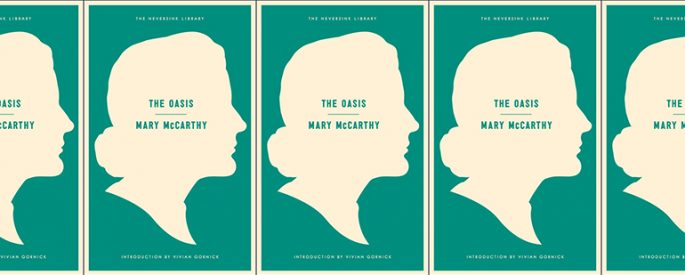
Mary McCarthy’s 1949 novel is not just a story about personal failings and internecine squabbling—it’s also a stark warning about intellectual capture, about what can be lost if you don’t approach politics with a healthy dose of skepticism.
Reading Two Groff Companion Pieces

Two of Lauren Groff’s recent stories share an interest: exploring the relationship between domestic violence and masculinity. Each story acts as a mirror for the other, the differences often pointing up the similarities and allowing the two pieces to connect in subtle and nuanced ways.
The Heartbreak of Bewilderness
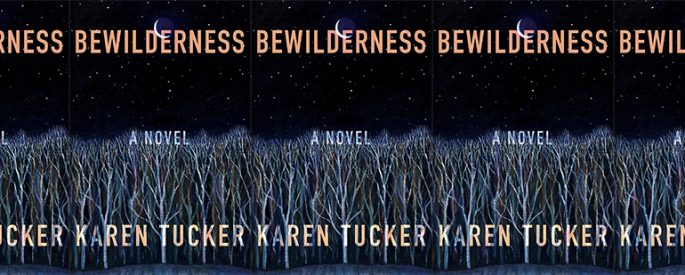
Karen Tucker’s new novel vividly captures the opioid epidemic that has exploded across the nation, while reinforcing the humanity of people with substance use disorder and demonstrating how wrong blaming individuals for their illness is. In the end, blame will not save you from a broken heart.
The Perforation of Language in The Perforated Map
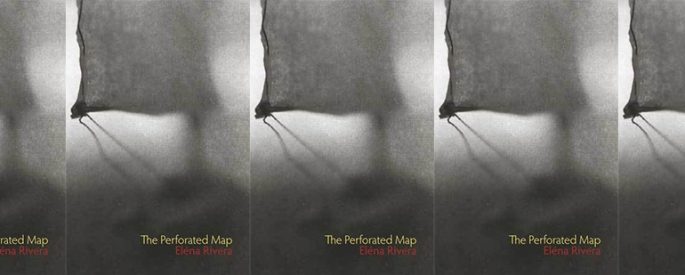
Eléna Rivera's 2011 collection fuses the relationship between maps and language—a paper map is a metaphor for language itself, and can be pierced. To puncture a sentence or an entire poem means reaching through language’s strictures and expectations into what’s on the other side, and accessing language’s limits.
The Power of the Cuban Peoples’s Verses
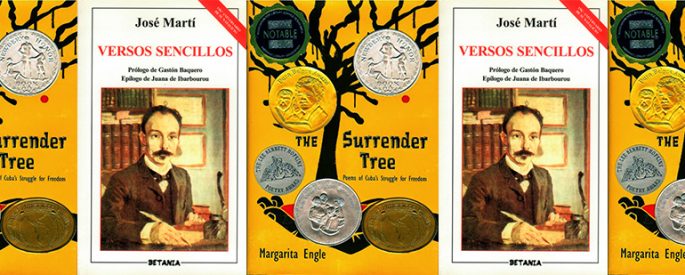
José Martí, Margarita Engle, and the San Isidro Movement have contributed, over the course of a century, to the long tradition of writing about a free Cuba through poetics. The government knows the revolutionary history and power of artists and poets in Cuba, and they fear it.
Tradition in The Complete Stories
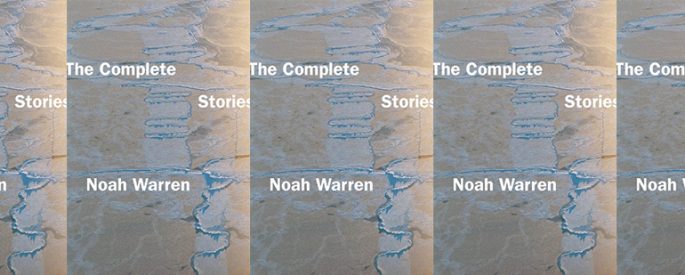
Noah Warren’s new poetry collection opens with “Preface to the Second Edition.” What’s been excluded from this edition—words that may have been included in the imagined first edition—and what’s been included to shape a different experience of encountering these words in this specific order: it’s all impossible knowledge.
Searching for an American Epistemology in Lost in Summerland
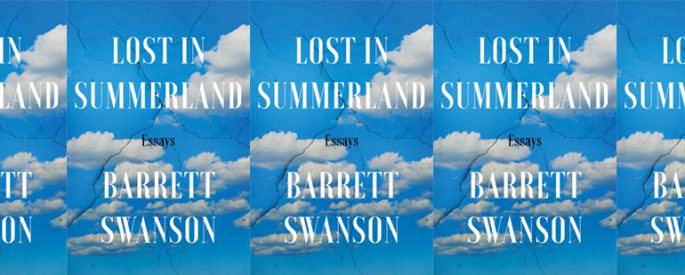
Barrett Swanson’s essays rigorously interrogate the intersection between capitalism, masculinity, and the “gnawing sense of purposelessness” pervasive in our country’s psyche, while also adding an undeniable empathetic and interpersonal dimension that satisfies a reader’s desire for emotionally specific narrative intrigue.
The Persona as a Portal in The January Children
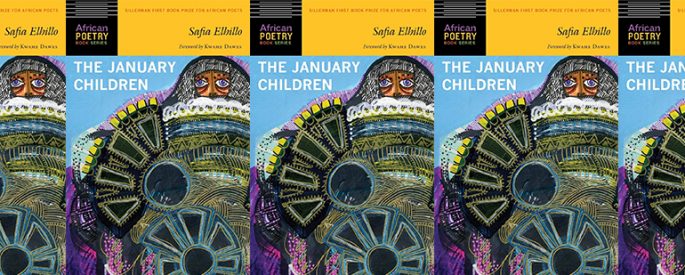
In Safia Elhillo’s 2017 poetry collection, both the historical figure of Abdelhalim Hafez and his personification seem to serve as an umbilical cord connecting the speaker to her heritage as she navigates the trauma of immigration.